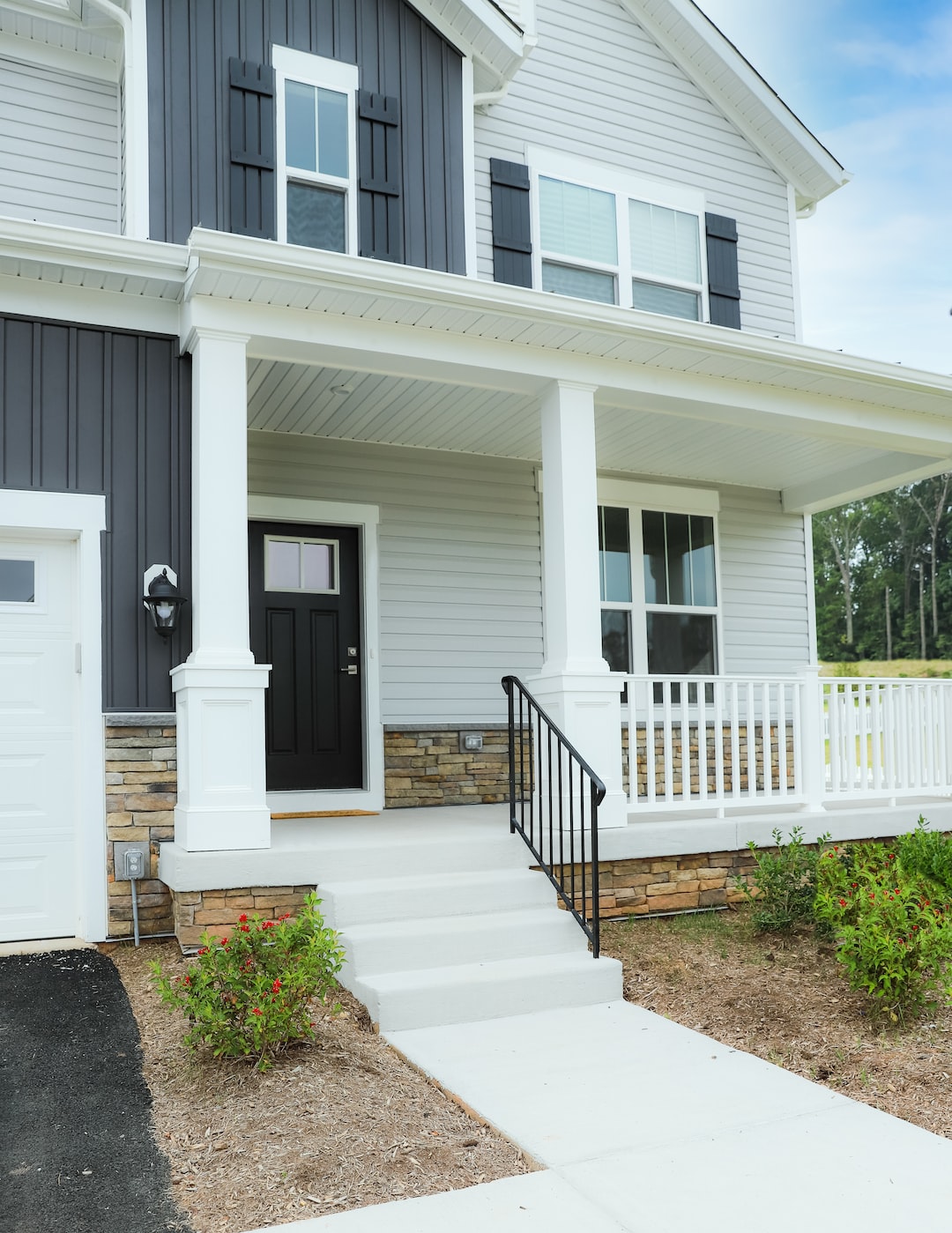The Importance of Pricing Your Home Correctly for a Quick Sale
Selling a home can be a tedious and overwhelming process. From preparing the property for showings to dealing with potential buyers, there are many factors to consider. However, one of the most critical aspects of selling a home is pricing it correctly. Pricing your home accurately not only attracts more buyers but also ensures a quicker sale.
One of the biggest mistakes homeowners make when selling their property is overpricing. It’s understandable to want to get the maximum value for your home, especially if you have invested time and money into it. However, setting an unrealistic price can have adverse effects on the selling process. An overpriced home is less likely to attract potential buyers, resulting in prolonged time on the market.
Buyers in today’s real estate market are well-informed and have access to a wide range of resources to research property values. If your home is overpriced, it will be quickly identified, and buyers may not even bother scheduling a showing. They will move on to other properties that are priced more reasonably, leaving your home unattended.
On the other hand, pricing your home too low can also be detrimental. While it may attract a significant number of buyers, you risk leaving money on the table. Additionally, setting an unrealistically low price may raise skepticism in the minds of potential buyers. They may question why your home is priced so far below comparable properties in the area, and this can lead to suspicion and a lack of interest.
Setting the right price for your home requires careful consideration and research. The first step is to evaluate the current market conditions. Factors such as the average selling price in your neighborhood, recent sales of similar properties, and the overall demand for homes in your area should be analyzed. Consulting with a real estate agent who specializes in your local market is invaluable during this process as they have access to up-to-date market data and can provide expert guidance.
Another crucial element to consider when pricing your home is its condition and unique features. Consider any upgrades or renovations you have made that may increase its value. Additionally, thoroughly assess the overall condition of your home, including the state of the roof, appliances, plumbing, and electrical systems. These factors will help determine the price range within which your home should be listed.
In addition to the market conditions and the condition of your home, the timeframe in which you want to sell is also significant. If you’re looking for a quick sale, pricing your home at the lower end of the range may attract more potential buyers and generate a sense of urgency. However, if you have the flexibility and are willing to wait for the right buyer, pricing your home at the higher end of the spectrum may be more appropriate.
Lastly, it’s essential to remain open to feedback and adjust the price if necessary. If your home has been on the market for a significant period without attracting any offers or interest, it may be an indication that the price needs to be revised. Analyze the feedback from real estate agents and potential buyers, and consider making necessary adjustments to increase the appeal of your property.
In conclusion, pricing your home correctly is paramount for a quick and successful sale. Setting an accurate price based on market conditions, your home’s condition and features, and your desired timeframe will attract more potential buyers and increase your chances of selling quickly. While it can be tempting to overprice or underprice your home, finding the right balance will ultimately yield the best results. Remember to remain flexible and adjust the price if needed, and consult with a real estate professional for guidance throughout the process.

